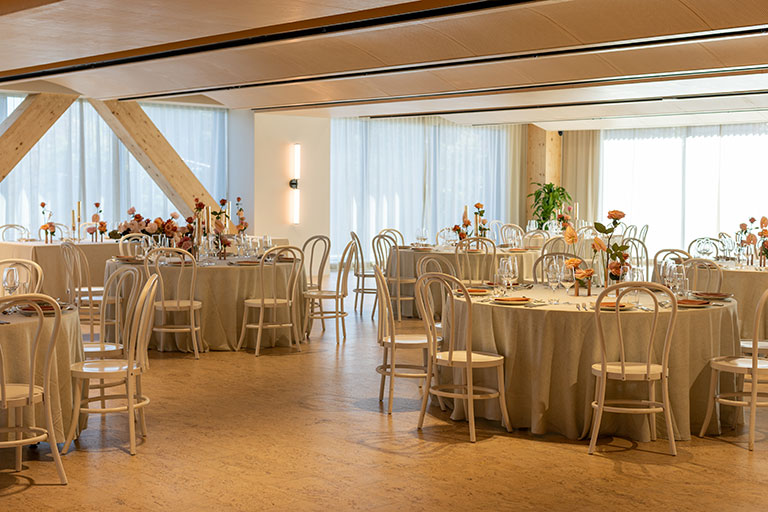
New event venue Saltbox now officially open in Sydney
The new venue can cater for seated dining events of up to 240 delegates in a new precinct

The new venue can cater for seated dining events of up to 240 delegates in a new precinct
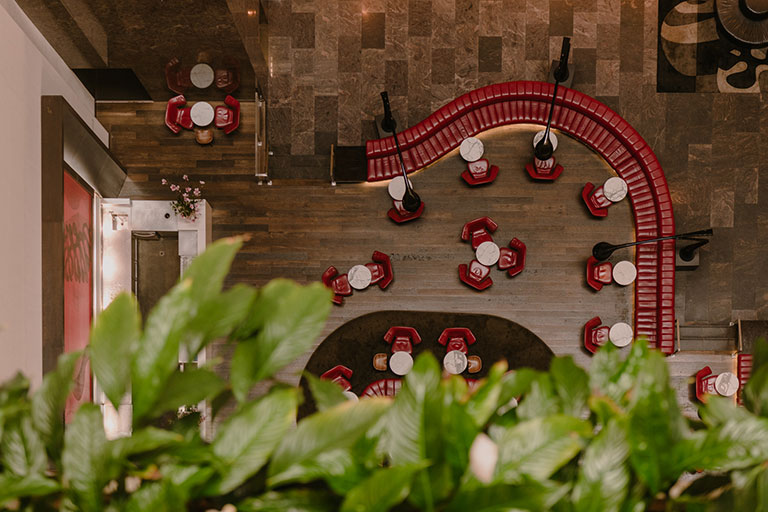
IHG’s InterContinental brand has arrived in Brisbane, with the opening of a 319-room hotel just off the city’s
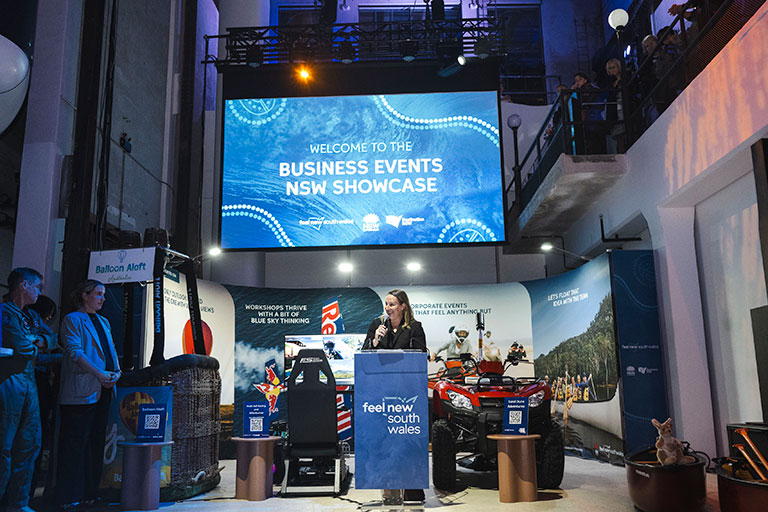
The two state funded convention bureaus for NSW have secured 114 business events for delivery in 2025.
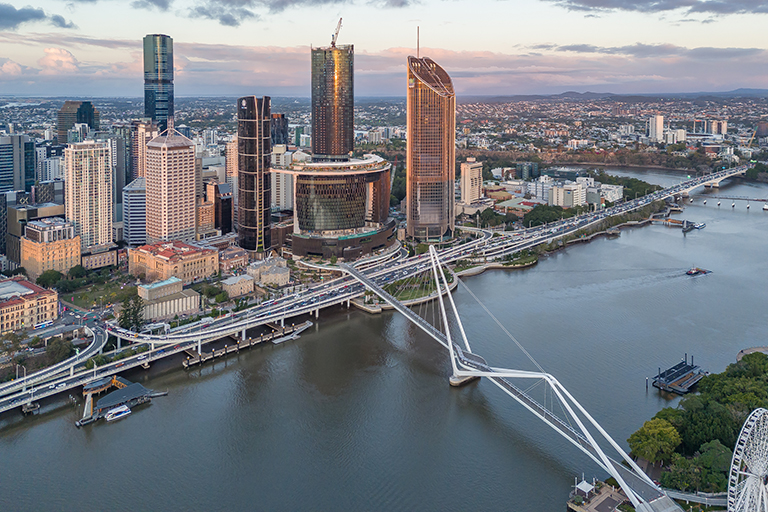
The two buyers of The Star Entertainment Group’s investment in Queen’s Wharf have given notice to terminate the
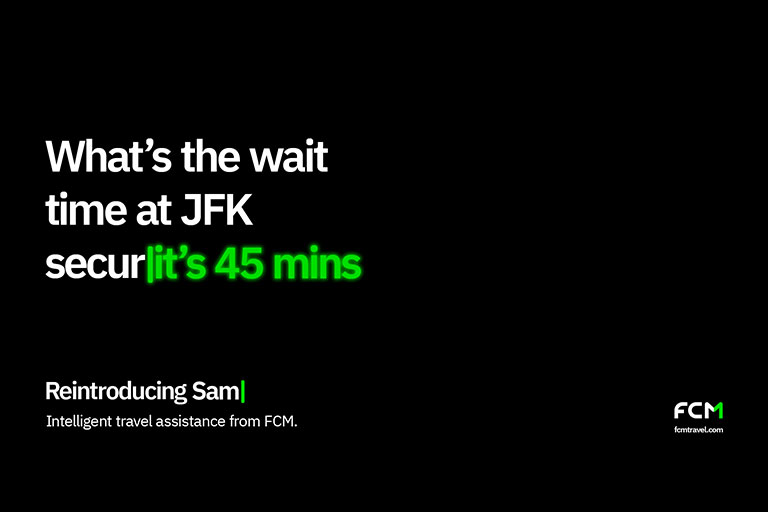
FCM Travel has debuted an improved AI assistant called Sam, with FCM’s meetings and events arm likely to
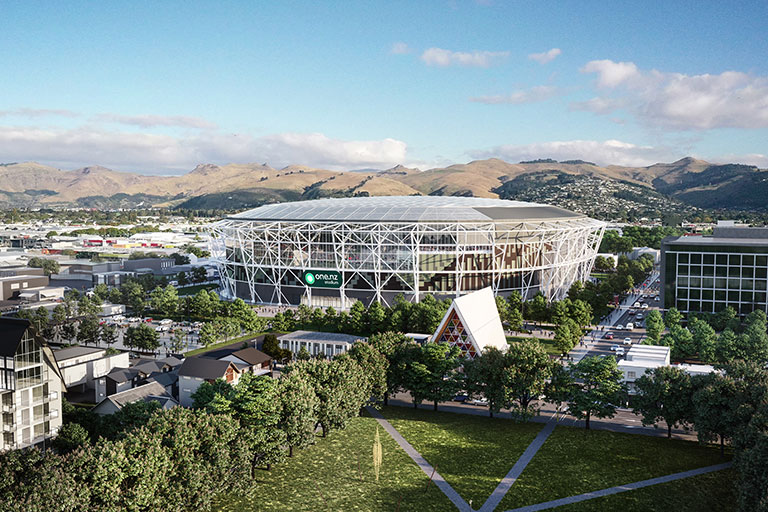
An opening date has been set for Christchurch’s new multi-use stadium but its CEO, Caroline Harvie-Teare, would not
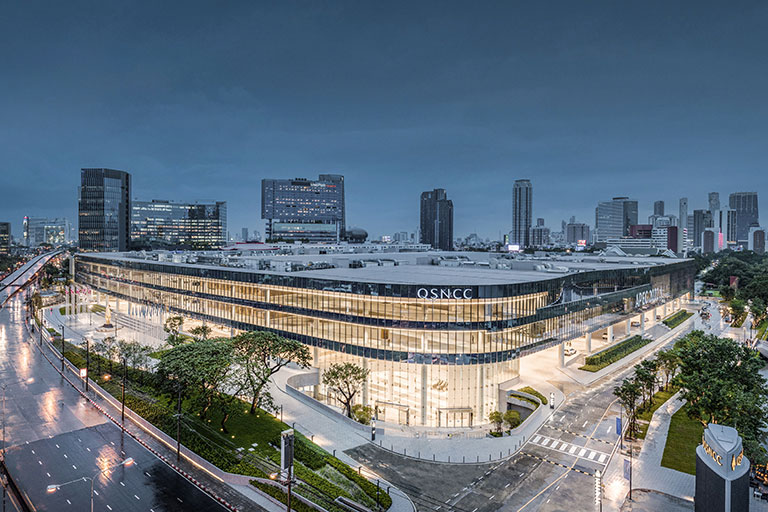
Queen Sirikit National Convention Center (QSNCC), in Bangkok, has announced a real-time carbon footprint tracking dashboard.
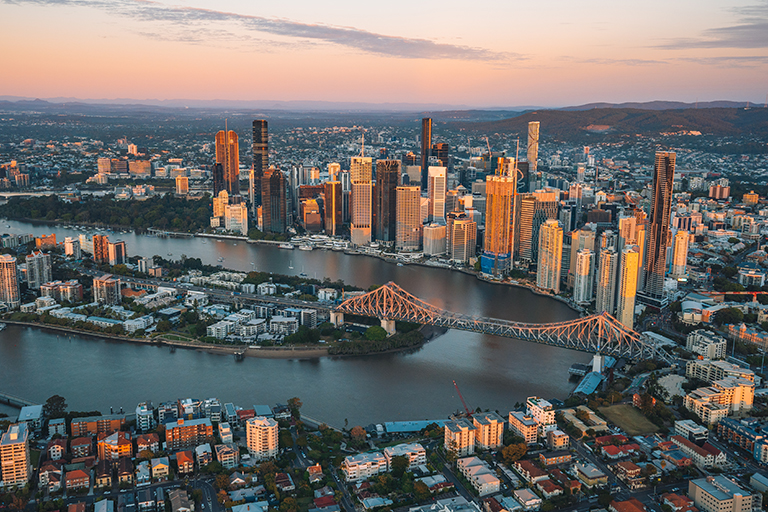
The Queensland Government has committed almost $4 billion to Olympic venue delivery alongside a huge investment in the
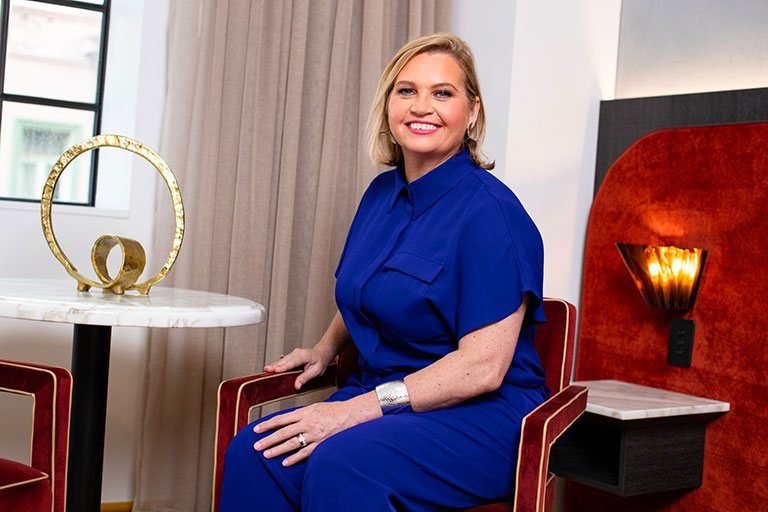
A former Accor leader has joined The Star Entertainment Group, while shareholders have voted in favour of The
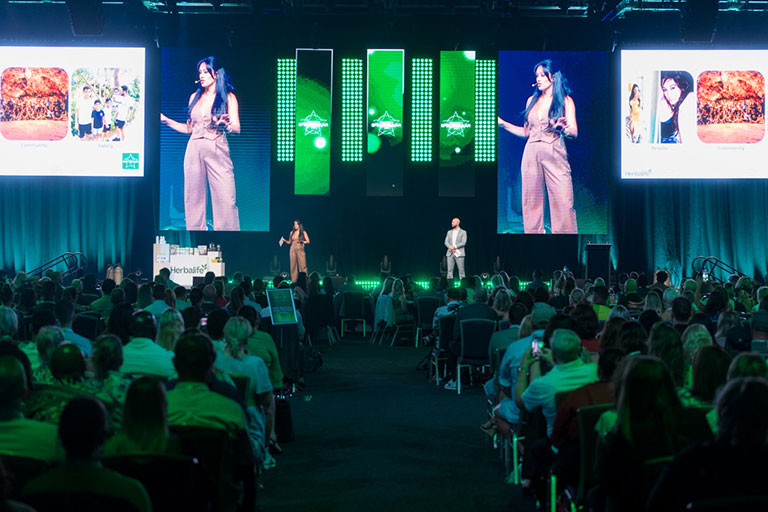
Microhire and the Royal International Convention Centre (Royal ICC) at Brisbane Showgrounds have extended their partnership, with more
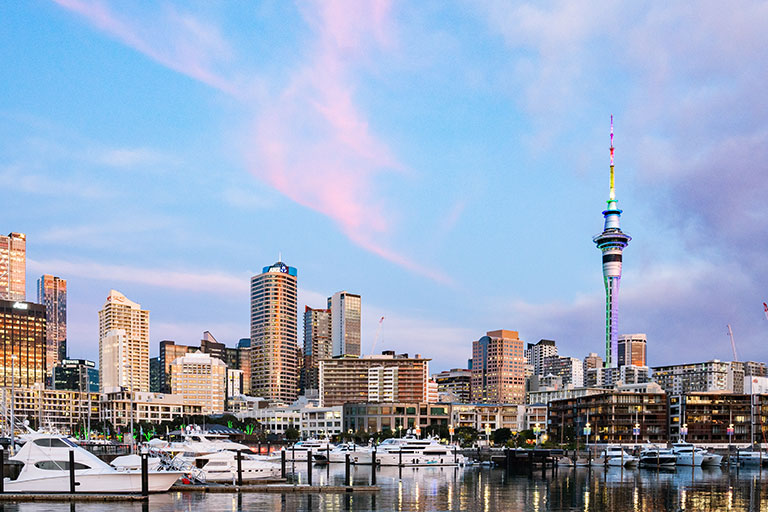
An interim program to attract visitors and business events to New Zealand’s largest city has been extended for

Cairns Convention Centre will host the Helloworld conference for owners and managers next June.